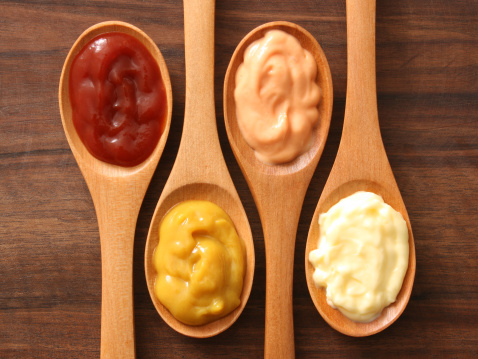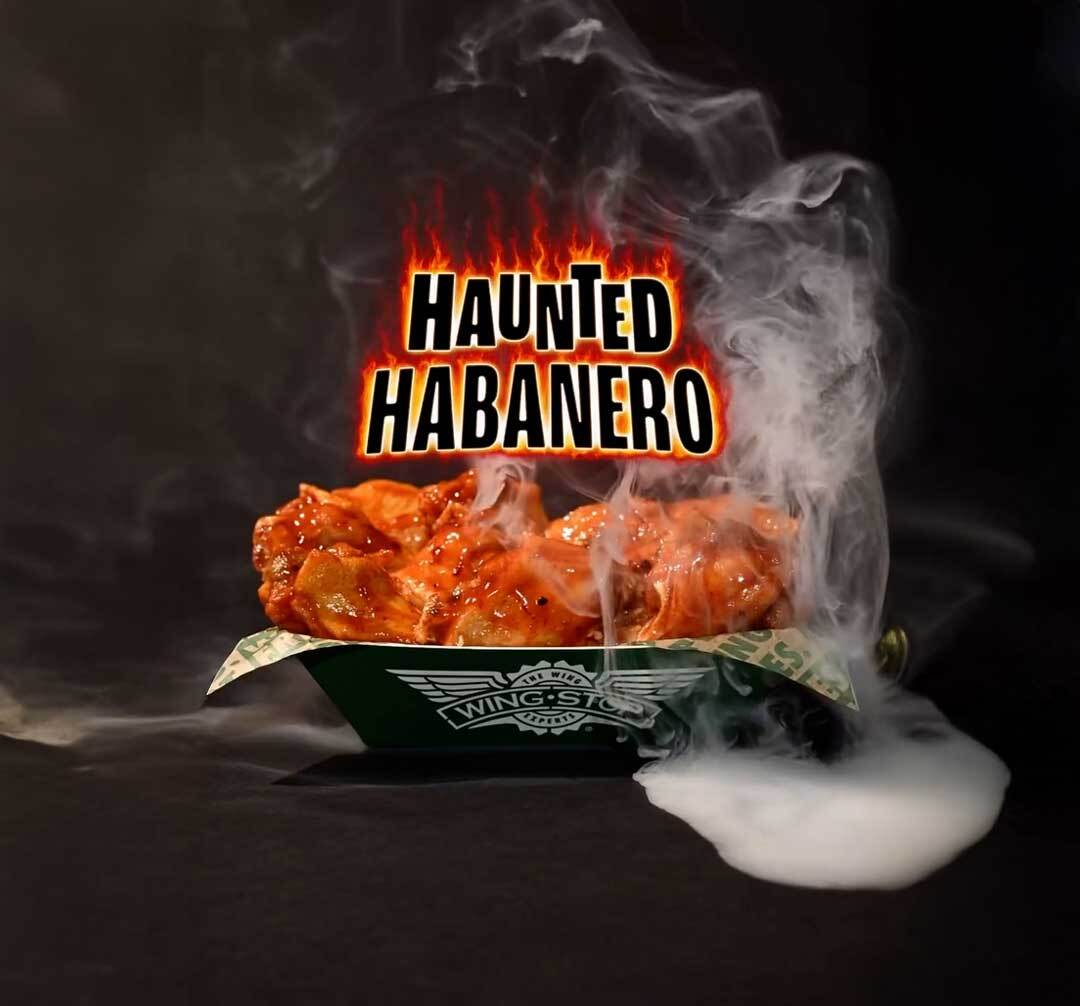10 Of The Most Loved Condiments Around The World

Whether you’re the kind of person who squirts ketchup all over their fries or dips them (or maybe you prefer mayo or aioli), chances are you’re not omitting the condiment altogether. Spreads and sauces make our meals complete, so take a gander at what everyone else in the world is frantically scooping out of jars.
Harissa
Tunisia/North Africa

Photo: Delicious
When the Spanish brought chili peppers into 16th century Tunisia, they couldn’t have possibly known they were becoming a part of condiment history. Though the taste evolves as you move through North Africa, this chili paste always has an undeniable kick and consistency. It also serves as the primary flavor within merguez, a North African lamb sausage. With flavor you want to take home to your mother, harissa is a staple at any meal.
Wasabi
Japan

Photo: Mother Nature Network
Dating back to the 10th century, the wasabi plant has spiced up Japanese cuisine. The plant requires cold, freshwater with a balance of minerals in order to thrive, making its production very rare. Wasabi’s growing popularity beyond Japan brought about many alternative condiments which are primarily made of horseradish and green food dye. Authentic wasabi spoils within 15 minutes of preparation which led to the tradition of serving it beneath sushi, in order to preserve its flavor.
Mayonnaise
The United States

Photo: Reference
For many years, ketchup was the head honcho in the U.S. Over the past couple of years, however, Americans declared that mayo was the new sheriff in town. Whether due to a surge in deviled egg popularity or homemade sandwiches, mayonnaise spread throughout the country at an unusually high rate, beginning in 2013. The eggy sauce has its roots in France or Spain, depending on who you ask, but no one can find more uses for it than a Yankee.
Banana Sauce
The Philippines

Photo: The Actor’s Diet
When the United States began influencing the Philippines in the mid-20th century, ketchup caught on quickly throughout the nation. During World War II, a tomato ketchup was a rare sight. Since tomatoes were scarce across the islands, banana sauce aka banana ketchup was invented. Often dyed red to mimic the look of traditional ketchup, banana sauce’s sweetness easily sets it apart from tomato ketchup while still sharing many of its uses.
Vegemite
Australia

Photo: Mashable
The Brits initially had the stranglehold on this substance in a less salty spread called Marmite. In 1923, however, Cyril Callister recreated the recipe from scratch, with more sodium and Vitamin B. The sticky breakfast condiment made from brewer’s yeast cemented itself as uniquely Australian when it became a part of army rations during World War II. In 2015, Aussies started using Vegemite to create alcohol, prompting calls from the government to limit its sale. For some, a law probably isn’t necessary.
Ajvar
Serbia

Photo: Cooking the Globe
This so-called “Serbian Salsa” is served throughout the Balkan nations as a relish or a side dish. Though, like the nations it’s made in, ajvar’s name changes every so often, the red pepper paste is always dependable. Spread on a hot meat dish or as a cold appetizer, ajvar will prove to your tastebuds that it can wear many hats.
Chutney
India

Photo: RecipesHubs
For thousands of years, chutney has been an irreplaceable relish that sweetens or spices, depending on how its made. Ancient holy men, Brahmins, discovered the preservative powers of spices and began to mix them with various fruits and vegetables. The British would eventually carry sweet chutneys to the U.K. as well as its African and Caribbean territories, but Indian chutneys remain complex in taste and texture.
Hoisin Sauce
China

Photo: Soap
Not to be confused with Vietnamese sriracha, hoisin sauce lends a tangy glaze to any dish. Essentially a Chinese (specifically Cantonese) barbeque sauce, this condiment lies at the intersection of a brown sauce and hot sauce. In fact, Peking ducks would feel underdressed without their healthy coat of hoisin sauce.
Salsa
Mexico/South America

Photo: Whats4Eats
As early as 3000 BC, the Aztecs mixed chilis with tomatillos. Over the millennia that followed, the recipes got only slightly more complicated and the Conquistadors eventually named this mixture “salsa.” The precursor to many modern hot sauces in the Americas, salsa’s versatility in heat and consistency has given it a wide appeal.
Brown Sauce
The United Kingdom/Ireland

Photo: The Spectator
The popular brand may be HP, but brown sauce by any other name would be as delicious to serve with some fish and chips. Brown sauces can be sweet or tart, but mostly resemble American steak sauces. With a variety of uses in many savory dishes, it’s no wonder you’ll likely find a bottle in any British home.






















